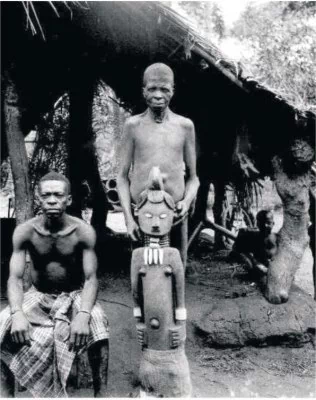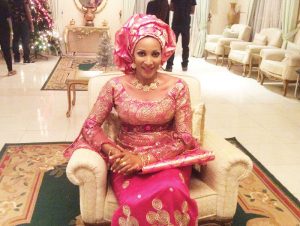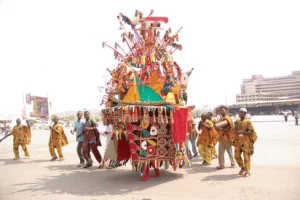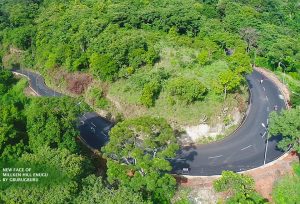
In the Igbo tribe, certain groups continue to discriminate against persons they still view as slaves 68 years after the United Nations General Assembly passed the Universal Declaration of Human Rights and outlawed slavery. The South East Voice’s investigations revealed that in some communities where people discriminate against the so-called slaves, those who identify as freeborn forbid the slaves from marrying their daughters, just as they forbid their sons from getting hitched to people they consider to be less than human.
While the situation in Anambra and Abia States is slightly different, the subject of slavery has been producing issues, particularly in several villages in Enugu and Imo States.
How individuals were categorized:
The “free born” (Diala), the misfits who are enslaved (Osu, Ohu, or Oru), and Ume are those (those prone-to-die). According to oral history, in order to avoid being sold into slavery or other forms of servitude, the early outcasts “sacrificed” or voluntarily submitted themselves to one deity or the order.
Before Christianity arrived in Igbo territory, these groupings were founded by the people, and they continue to exist in the minds of Ndigbo today. The so-called free born had nothing to do with either the slaves or their communities, including weddings, in accordance with the custom and tradition of the people.
The humiliation and stigmatization the Osu, Ohu, or Ume endured at the hands of the so-called free born goes beyond this abhorrent deprivation. These people groups endure their suffering with composure, despite the fact that getting married to an Osu man or woman is abhorrent. Derogatory names like ndi ejiri goro ihe are used to refer to other minor or lower cast groups that are present in many societies (those sacrificed to the gods or slaves to the gods of the communities). The osu, or slave, is viewed as a worthless human being in several other civilizations.
According to popular belief, the early missionaries achieved little to end the seeming segregation in Igbo territory. Either they didn’t fully grasp the significance of the dichotomy or they didn’t want to do anything that might jeopardize their missionary endeavors. The defunct Eastern House of Assembly repealed the offensive practice through a parliamentary act on May 10, 1956, in response to the stigmatization that many people endured at the hands of their brothers and sisters due to the Osu Caste system, but 60 years later, this has not worked the necessary magic.
Examples of man’s inhumanity to man in Enugu State include the cases of Umuode and Oruku in Nkanu East Local Government and Ugbene and Ejuona in Nsukka Local Government, respectively.
It is regrettable and should be stopped that there has been a constant state of violence in Oruku, Nkanu, which has caused widespread displacement of their Umuode relatives, who are now dispersed throughout the state’s neighborhoods.
Even though Oruku were the first to settle in the order of settlement, the Umuode people had lived in the same community as their Oruku counterparts, who had always held the upper hand in the ongoing conflict.This seemingly unimportant historical occurrence, along with slavery and other unwholesome cultural practices, conspired to establish social stratifications that still position Umuode people at the bottom of Oruku society.
The Ejuona people in Nsukka’s Alor Uno Community claim that even though their ancestors arrived from Kwara State and lived there, the Ugbene people who allegedly arrived later were now slaves. In this context, it is alleged that the Ejuona people smuggled several offensive chapters that claimed that Ugbene people lacked the qualifications to hold any chieftaincy titles, let alone governmental posts, because they were considered to be lower than humans. Even the Catholic and Anglican churches, which are the two largest religious institutions in the region, as well as those who worship idols, have been affected by the Alor Uno scandal. In Alor Uno, it is forbidden for Ugbene people to use certain track roads or designated bush routes that are just for Ejuona people.
It is considered abominable in Enugu Ezike, Igboeze North Local Government, where gerontocracy is practiced, for the so-called slaves to hold the ofor sticks, which signify the presence of the forefathers or authority in the eldest village man’s home or other family heads. Such individuals are also not permitted to inherit family lands, which are held in trust by the elders for the men in their respective communities.


